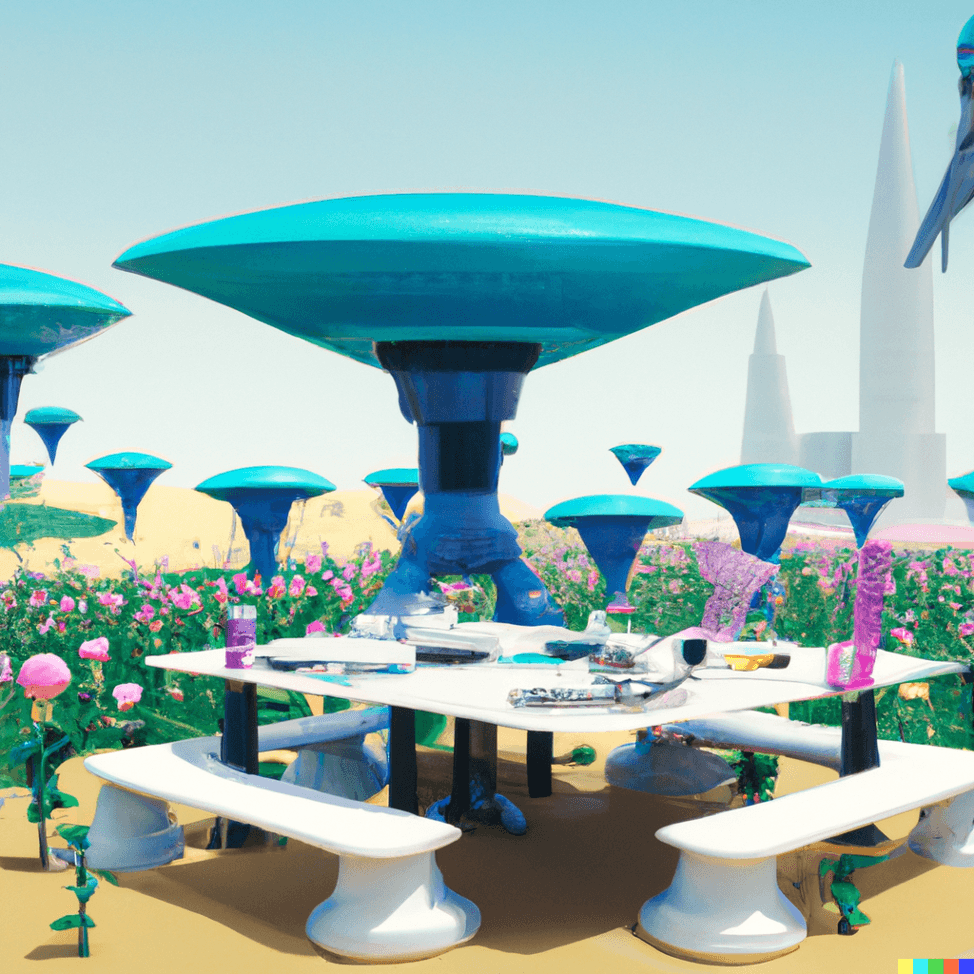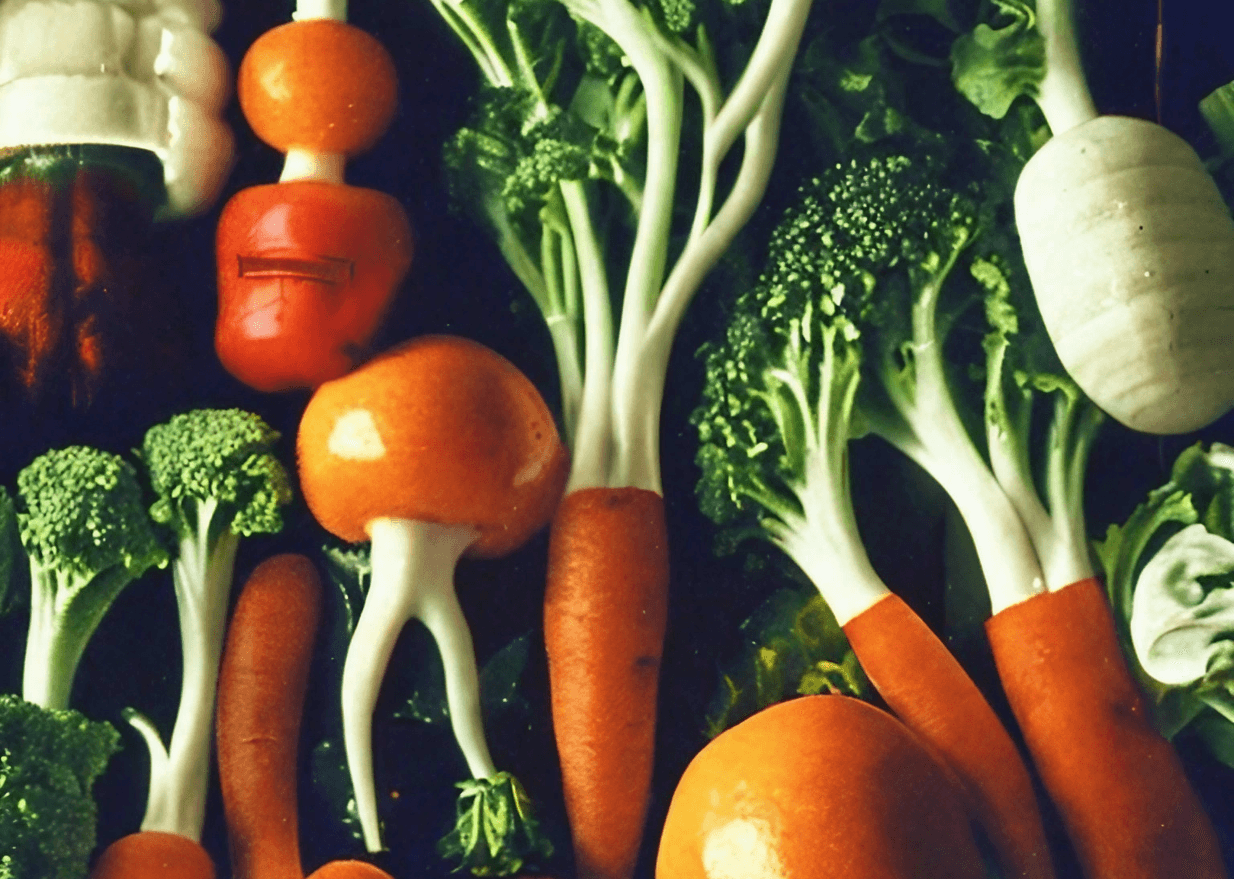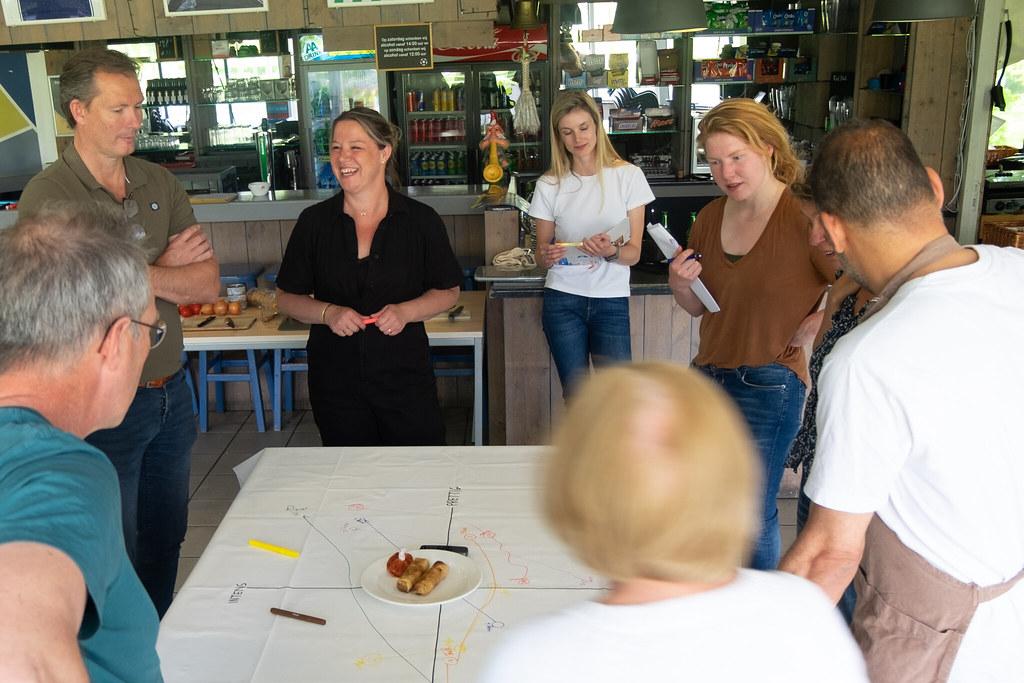There is a need to change our diet to a more plant-based alternative, from both a health and sustainability perspective. How are people encouraged to do so? This was the central question in the research project Tipping the Balance.
Choosing a sustainable and healthy diet consists of complex choices. What if an avocado is good for you, but not for the drought in South America? How do we ensure that we eat less animal proteins, but still get enough proteins? How do you discuss these choices? And how can we find possible solutions?
We investigated this in a session with Ahold Delhaize in which we examined the food system. A food system is the combination of all links in the chain of supply and demand. In other words, all steps from food production to moment it ends on your plate. Together we investigated how we can make an impact on our food system at both a neighborhood and national level: how can global themes that play a role in our food system be tackled locally?
Complex problems require multiple ideas and multiple perspectives to come up with steps towards the solution. By encouraging cooperation between different groups and stakeholders, designing solutions in an equal way, new ideas emerge and which are supported by the community. In Tipping the Balance we questioned the food system with residents of Amersfoort Schothorst and created a link to the challenges and solutions of a large food provider, such as Ahold Delhaize. By doing so, we discovered various ingredients and steps towards the food environment of the future.
Read about the specific tools and tips to map complex systems in a creative way in the Dutch or find different co-creation methods on the Co-creation navigator.


